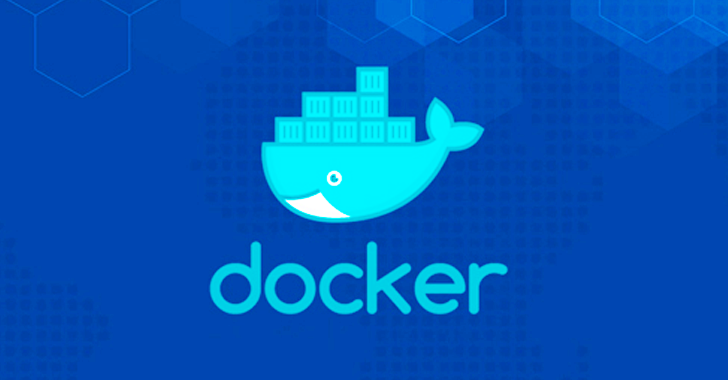
Docker is warning of a critical flaw impacting certain versions of Docker Engine that could allow an attacker to sidestep authorization plugins (AuthZ) under specific circumstances.
Tracked as CVE-2024-41110, the bypass and privilege escalation vulnerability carries a CVSS score of 10.0, indicating maximum severity.
“An attacker could exploit a bypass using an API request with Content-Length set to 0, causing the Docker daemon to forward the request without the body to the AuthZ plugin, which might approve the request incorrectly,” the Moby Project maintainers said in an advisory.
Docker said the issue is a regression in that the issue was originally discovered in 2018 and addressed in Docker Engine v18.09.1 in January 2019, but never got carried over to subsequent versions (19.03 and later).
The issue has been resolved in versions 23.0.14 and 27.1.0 as of July 23, 2024, after the problem was identified in April 2024. The following versions of Docker Engine are impacted assuming AuthZ is used to make access control decisions –
- <= v19.03.15
- <= v20.10.27
- <= v23.0.14
- <= v24.0.9
- <= v25.0.5
- <= v26.0.2
- <= v26.1.4
- <= v27.0.3, and
- <= v27.1.0
“Users of Docker Engine v19.03.x and later versions who do not rely on authorization plugins to make access control decisions and users of all versions of Mirantis Container Runtime are not vulnerable,” Docker’s Gabriela Georgieva said.
“Users of Docker commercial products and internal infrastructure who do not rely on AuthZ plugins are unaffected.”
It also affects Docker Desktop up to versions 4.32.0, although the company said the likelihood of exploitation is limited and it requires access to the Docker API, necessitating that an attacker already has local access to the host. A fix is expected to be included in a forthcoming release (version 4.33).
“Default Docker Desktop configuration does not include AuthZ plugins,” Georgieva noted. “Privilege escalation is limited to the Docker Desktop [virtual machine], not the underlying host.”
Although Docker makes no mention of CVE-2024-41110 being exploited in the wild, it’s essential that users apply their installations to the latest version to mitigate potential threats.
Earlier this year, Docker moved to patch a set of flaws dubbed Leaky Vessels that could enable an attacker to gain unauthorized access to the host filesystem and break out of the container.
“As cloud services rise in popularity, so does the use of containers, which have become an integrated part of cloud infrastructure,” Palo Alto Networks Unit 42 said in a report published last week. “Although containers provide many advantages, they are also susceptible to attack techniques like container escapes.”
“Sharing the same kernel and often lacking complete isolation from the host’s user-mode, containers are susceptible to various techniques employed by attackers seeking to escape the confines of a container environment.”